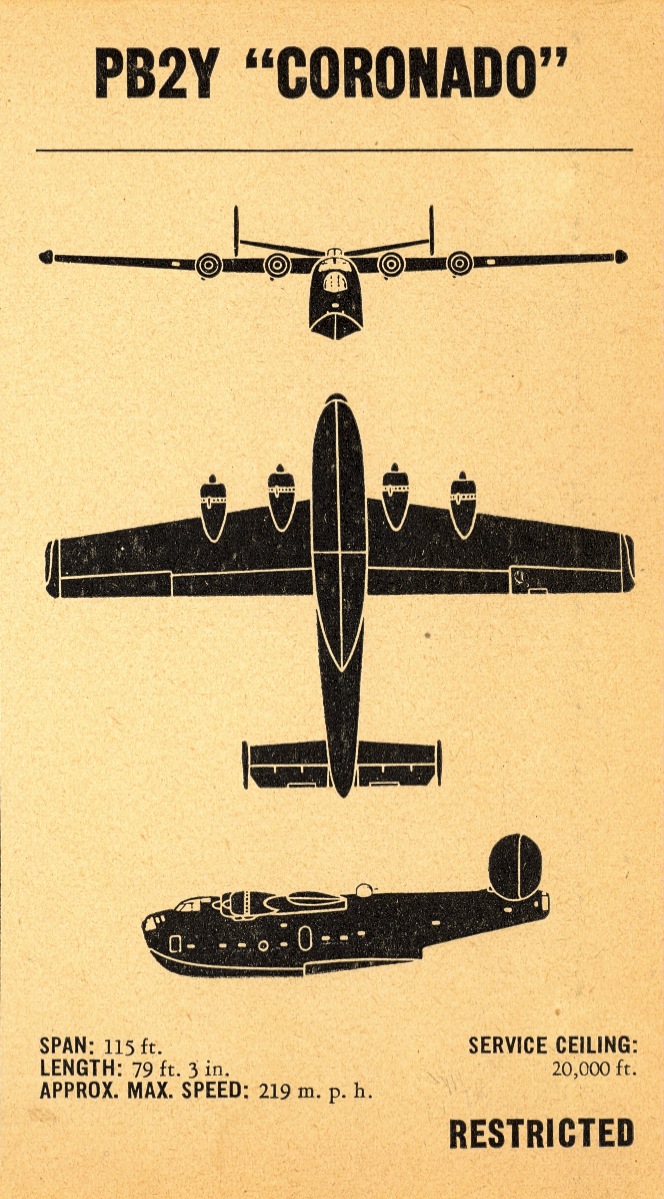

When American GIs invaded Europe in June 1944, they did so in jeeps, trucks and tanks manufactured by the Big Three motor companies in one of the largest crash militarization programs ever undertaken. Mueller said that General Motors lost day-to-day control over its German plants in September 1939 and "did not assist the Nazis in any way during World War II." government continued to have diplomatic relations with Berlin up until the Japanese attack on Pearl Harbor in December 1941. Ford spokesman John Spellich defended the company's decision to maintain business ties with Nazi Germany on the grounds that the U.S. "You don't think of Hitler having a portrait of Henry Ford on his office wall in Munich."īoth Ford and General Motors declined requests for access to their wartime archives. "When you think of Ford, you think of baseball and apple pie," said Miriam Kleinman, a researcher with the Washington law firm of Cohen, Millstein and Hausfeld, who spent weeks examining records at the National Archives in an attempt to build a slave labor case against the Dearborn-based company. As with Switzerland, however, their very success in projecting a wholesome, patriotic image of themselves is now being turned against them by their critics. Far from dying down, however, the controversy over business dealings with the Nazis has given new impetus to long-standing investigations into issues such as looted art, unpaid insurance benefits and the use of forced labor at German factories.Īlthough some of the allegations against GM and Ford surfaced during 1974 congressional hearings into monopolistic practices in the automobile industry, American corporations have largely succeeded in playing down their connections to Nazi Germany. government documents show they were still resisting calls by the Roosevelt administration to step up military production in their plants at home.Īfter three years of national soul-searching, Switzerland's largest banks agreed last August to make a $1.25 billion settlement to Holocaust survivors, a step they had initially resisted.


In certain instances, American managers of both GM and Ford went along with the conversion of their German plants to military production at a time when U.S. They could not have done so without GM."īoth General Motors and Ford insist that they bear little or no responsibility for the operations of their German subsidiaries, which controlled 70 percent of the German car market at the outbreak of war in 1939 and rapidly retooled themselves to become suppliers of war materiel to the German army.īut documents discovered in German and American archives show a much more complicated picture. The Nazis could have invaded Poland and Russia without Switzerland. GM was an integral part of the German war effort. "Switzerland was just a repository of looted funds. "General Motors was far more important to the Nazi war machine than Switzerland," said Bradford Snell, who has spent two decades researching a history of the world's largest automaker. of playing a key role in Hitler's invasions of Poland and the Soviet Union. Also, a book scheduled for publication next year will accuse General Motors Corp. has mobilized dozens of historians, lawyers and researchers to fight a civil case brought by lawyers in Washington and New York who specialize in extracting large cash settlements from banks and insurance companies accused of defrauding Holocaust victims. They deny that their huge business interests in Nazi Germany led them, wittingly or unwittingly, to also become "the arsenal of fascism." During the war, the car companies established a reputation for themselves as "the arsenal of democracy" by transforming their production lines to make airplanes, tanks and trucks for the armies that defeated Adolf Hitler. The issues at stake for the American automobile corporations go far beyond the relatively modest sums involved in settling any lawsuit. But historians and lawyers researching class-action suits on behalf of former prisoners of war are busy amassing evidence of collaboration by the automakers with the Nazi regime. Like the Swiss banks, the American car companies have vigorously denied that they assisted the Nazi war machine or that they significantly profited from the use of forced labor at their German subsidiaries during World War II. Three years after Swiss banks became the target of a worldwide furor over their business dealings with Nazi Germany, major American car companies find themselves embroiled in a similar debate. German diplomats award Henry Ford, center, with their nation's highest decoration for foreigners, the Grand Cross of the German Eagle, in July 1938. : Ford and GM Scrutinized for Alleged Nazi Collaborationįord and GM Scrutinized for Alleged Nazi Collaboration


 0 kommentar(er)
0 kommentar(er)
